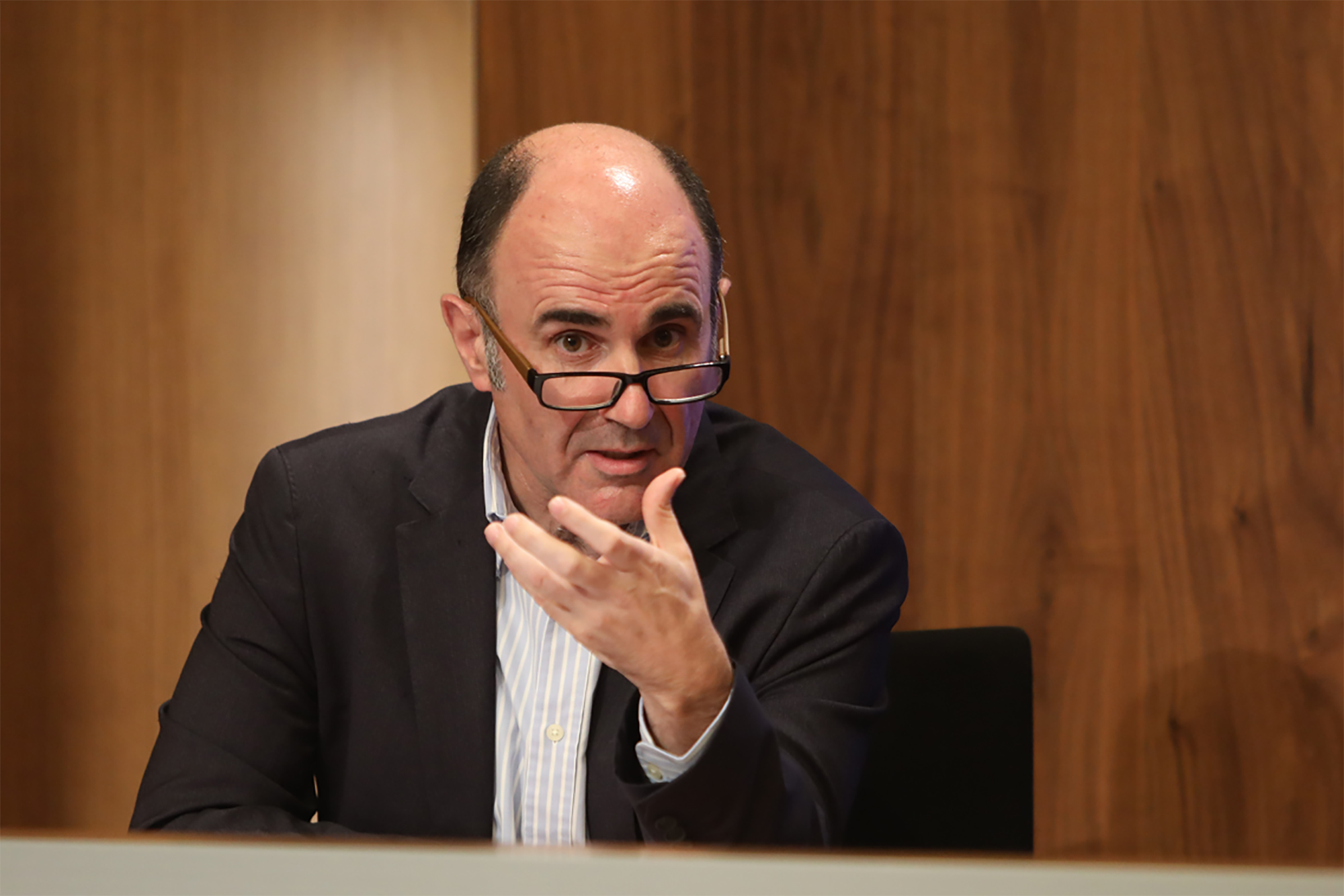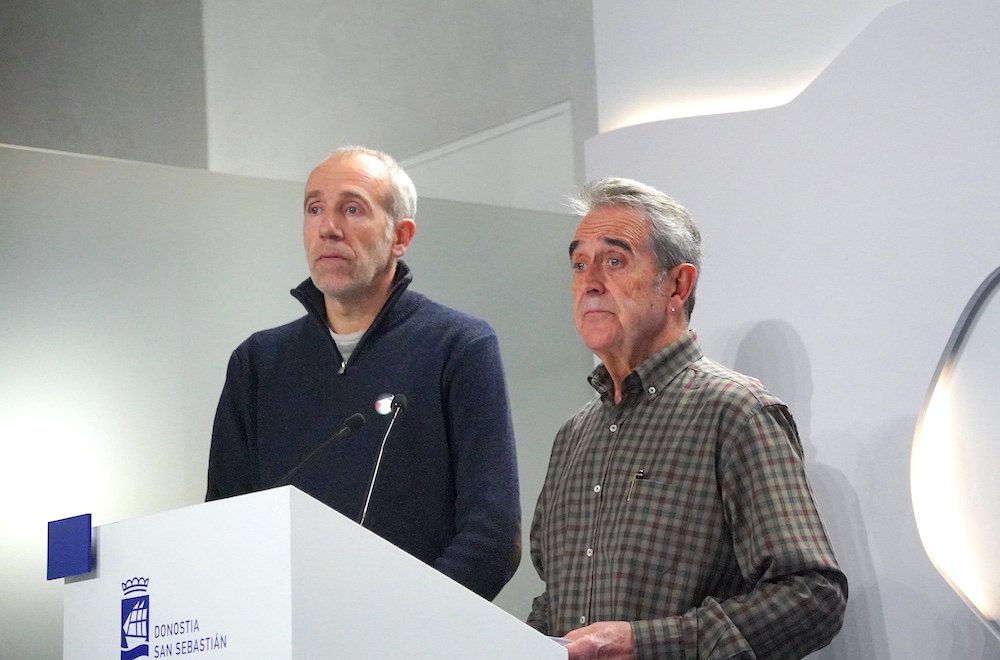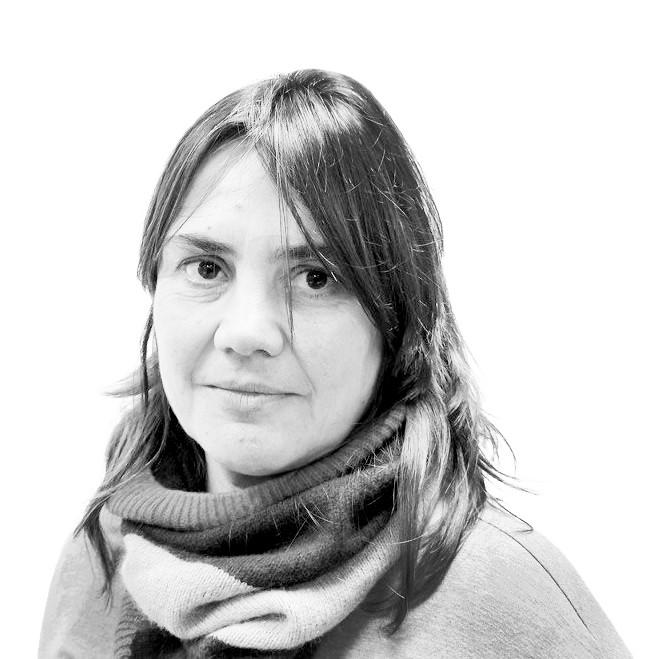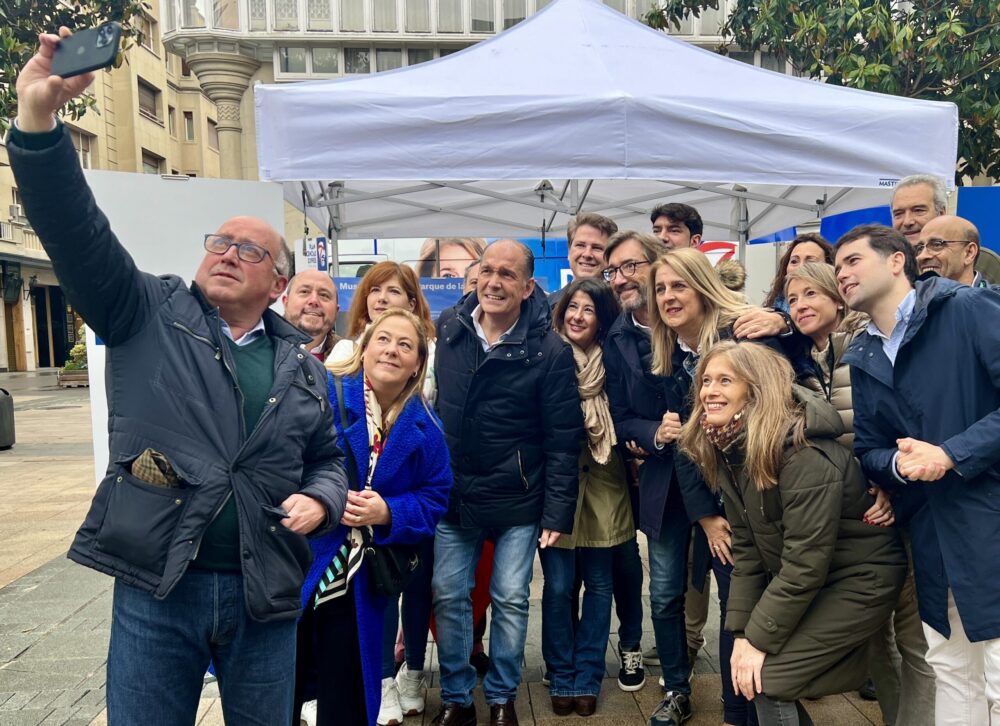"The problem of corruption is not a nugget, but a rotten melon."
- With this metaphor, César Manzanos (UPV/EHU) and Daniel Jiménez (University of Zaragoza) completed the first session of the conference on corruption in the civic center Aldabe. Yesterday the programme began, which will continue in October. Partnerships.

Under the title The legitimacy of corruption in society and the fear of denouncing it, two academics, also militants of different movements, marked the first milestone of the anti-corruption initiative of the whole month.
This first presentation served to contextualize all the themes that will be developed in the other sessions from different points of view and areas. According to the sociologist and member of Salhaketa César Manzanos: "Corruption has been present at the source and in the evolution of the current economic system," he added.
Corruption, "systematic practice"
By way of introduction, Manzanos pointed out many of the mechanisms that have made corruption a "systematic practice" in society. In his opinion, we are a society that "is afraid to violate the law", but which, at the same time, has "the culture of corruption" internalized. I mean, "If I can break the law with impunity, I will break it."
In this sense, he recalled that in recent years, the penalty and criminalization "have spread to those who denounce corruption and not to those who use it".
The professor at the UPV/EHU mentioned other factors and mechanisms that have allowed this evolution, such as the "collaboration of public institutions", among others. In his view, "the game of accomplices has triumphed" in the public administration because "silence has become a currency of change to achieve good position".
On the other hand, Cesar Manzanos was surprised at the corruption cases in the "Oasis Vasca". Because fewer cases come to light, but that does not mean that there is no corruption, but that "corruption has become an element for the business and for the negotiation between the parties".
In the same vein, he referred to the "waste of public money destined by the Basque institutions" and referred to sectors such as cement holding, the wood industry, the construction of large infrastructures, the military industry or the construction companies that receive public concessions.
Manzanos took advantage of the last section to raise some key points in the fight against corruption: the "appropriate means" for public denunciation (denouncing the general attitude of the media), the "guarantees" for judicial denunciation, the "transparency" of administrative practices... Finally, he called on attendees to "confront the culture of corruption with a culture of solidarity".
Chronicle of a historical evolution
Daniel Jiménez, professor at the University of Zaragoza, explained the historical evolution that came from the 1960s and 1970s. First of all, he proposed the fundamental theory of the whole discourse: The problem of corruption is not a nugget, but a rotten melon.
In his view, the definition of corruption coming from the second half of the twentieth century has been an "ideological tool" that has been "aggravated" since the economic crisis of 2008.
In the context of the contextualization carried out between the two professors, Jimenez highlighted one element: "When we talk about corruption, we have to talk about who, how and what he talks for."
And then he placed the "origin of corruption" within the logic of "capitalist accumulation": "At first states needed markets, and now markets need states that put them at the service of the market. It sends the market here, and it doesn't matter who we're on the road.
Conference on the Sentencing of the De Miguel Case
Beware! The association organises a conference on political corruption in Vitoria-Gasteiz throughout October. The association would like to take advantage of the next time the resolution of the De Miguel case will be known to offer multidisciplinary perspectives on corruption. Journalists, teachers and people who have denounced fraud and participated in the concentration have also been invited.
"Although the case of corruption is not on the political agenda of Euskal Herria, the known cases are not isolated facts; they reflect a vision of public affairs and a way of managing institutions, in which political parties use institutions to maintain power".
The day has been divided into three themes. Partnerships: Section "Complicit silences and corruption", "Investigative journalism yesterday and today in the Basque oasis" and "Power, law and corruption".
Debates, round tables and interviews will be held in each section with university professors (Cesar Manzanos, David Jiménez, Norberto de la Mata, Anjeles jareño or Olaizola), journalists (Ahoztar Zelaieta, Iker Rioja, Iker Armentia and David Olabarri), as well as people who have reported cases of corruption and ill-treatment.
Geroa Baiko lehendakari eta Nafarroako lehendakariorde izandakoa enpresa bati 2,6 milioi euroko diru-laguntzak ustez modu irregularrean emateagatik zegoen auzipetuta, Davalor auzia deiturikoan. Nafarroako Probintzia Auzitegiak erabaki du auzia behin betiko artxibatzea, legalki... [+]
EUR 904 billion. This is the annual cost of corruption in the European Union, according to a study carried out in 2020. Between 2008 and 2020, 3,743 cases of corruption were published in the media, of which 109 corresponded to Hego Euskal Herria. Of course, we will find more... [+]























